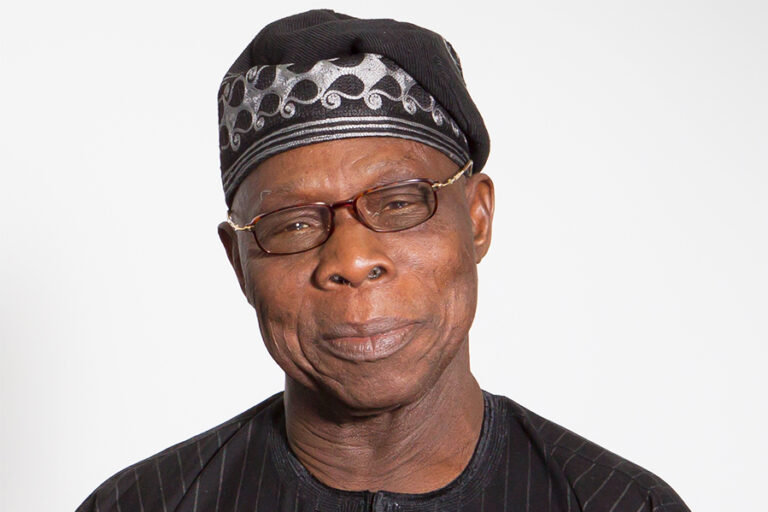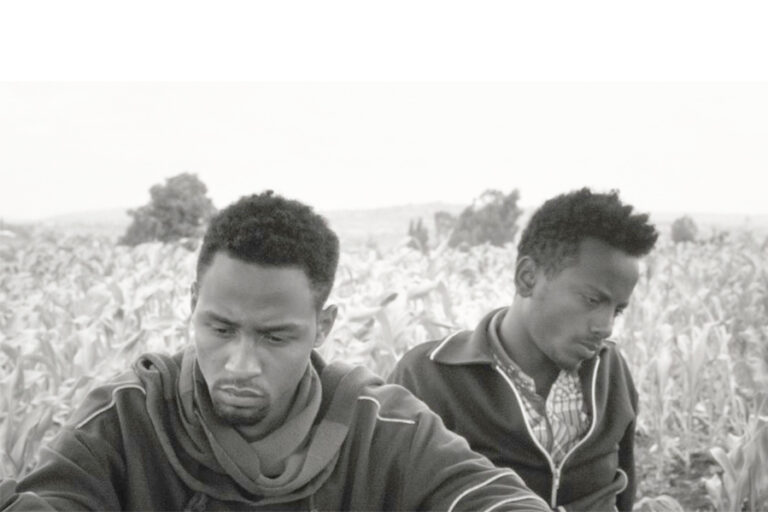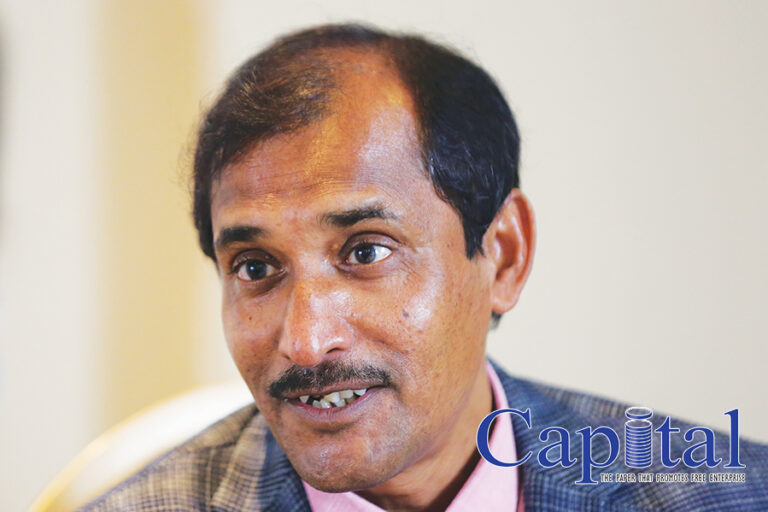It is reassuring that the African Union has appointed the former Nigerian President Olusegun Obasanjo as an envoy to the Horn of Africa, as the Union is taking up a more active role in pursuing African solutions to African problems. We celebrate this move.
As part of Obasanjo’s new role, it is highly anticipated that he would be involved in mediating the conflict in Ethiopia. Some advanced, but yet to be fully substantiated, reports hint a proposal for removing the designation of the TPLF as a terrorist group in the offing.
Coup d’etat
On the dead night of November 3rd, 2020, the TPLF attacked the biggest, and massively resourced, army base in Ethiopia of the Northern command to overthrow the government. The thunderous, most coordinated and pre-emptive attack, by its own admission, was intended to annihilate the force, amass the arms and then march to Addis Ababa to overthrow the Abiy government.
In this catastrophically failed mutiny, thousands of soldiers and army officers were systematically and selectively slaughtered while in their sleep. Others who got caught or surrendered were brutalized and murdered in the most heinous and cruel way.
This TPLF putsch against a legitimate government is a coup d’etat which is vehemently denounced by the African Union.
Terrorism
Time and again, the TPLF, since its inception, has committed atrocities of untold proportions. Just the recent horrific massacres in the Amhara and Afar regions murdering children, women, the elderly and the clergy are painfully fresh in our memories. The burning and pillaging of villages, looting and destroying industries and infrastructure, bombing churches and mosques, targeting camps for the displaced, and slaughtering farm animals grazing in the field frighteningly exhibit its psychopathic tenacity for extreme violence and aggression.
For that matter, the atrocities committed by TPLF is not meted out just on other Ethiopians. The cabal is notorious for brutalizing the very people it claims to “liberate” for nearly five decades including when it brutally governed the country for more than half of its vicious life. In the recent reports including the New York Times, it has massively recruited child soldiers as little as 10 years old forcefully and deceptively. There are also reports of mass shootings of soldiers and recruits accused of retreating from the front.
Such acts massively violet the UN conventional and other international laws.
Dismantling a nation
According to the TPLF’s unhinged spokesperson, the intention of the TPLF is pretty bizarre, if not suicidal. He openly declared on one major news media it owns: “If we have to, we’ll go to hell to dismantle Ethiopia.” This blatant bravado followed the open threat to exact revenge against the Amharas. While the direct threat to Amhara’s as a group was being contemplated, the bare audacity for dismantling Ethiopia as a nation frighteningly ensued.
Exacting revenge however did not stop at the gate of the Amharas where it continues to murder innocent people, loot property, pillage villages, destroy infrastructure, and more. The terror group has concurrently invaded the Afar region and committed similar heinous crimes.
The open threat of going to “hell” to dismantle the nation has awakened and galvanized the nation unlike any other time in its recent history. Ethiopians are deeply united in their unwavering resolve to once-and-for-all crash this destructive cabal to ensure the survival and continuity of the proud nation. That is the overwhelming national consensus.
These declared threats to openly conspire and incite the destruction of a nation violates directly and unequivocally the principles of the African Union and the UN and other international laws.
Negotiations?
It is on the background of this brief, but vicious, history of the cabal that President Obasanjo may be ushered to mediate the government whose parliament already declared the group as a terrorist organization. Thus, if the unconfirmed report of removing the designation of the TPLF was true, it would not be the prerogative of the government, but the incoming parliament. The way things are, there is absolutely no appetite to entertain that proposal.
President Obasanjo may instead propose the surrender of the cabal leaders, disarming of forces (fully, verifiably and promptly) and mass amnesty to all who participated in the conflict. He may also propose to the government to commit to ensuring a fair trial, rehabilitate the affected regions, and expedite regional election and self-rule.
This may sound lopsided, but here are the facts on the ground: 1) the TPLF as an organization is simply irredeemable; this is not just a government position, but an overwhelming national sentiment at home and abroad; 2) the Ethiopian defence forces have fully recovered and now have a more superior human and fire power, with diminished interest for anything other than total annihilation; 3) the toll on the Tigreans has been particularly colossal given the way the TPLF has conducted the conflict using human waves; it is simply implausible to continue along this catastrophic path where thousands and thousands of death are reported at every major clash.
Now, is there any optimism that the TPLF will consider the terms of this negotiation? Not really. Its history may not entertain this possibility unless its vocal diaspora and some of the extreme elements that are hellbent to dismantle the country are effectively tamed. More so, the major powers which have so far unabashedly propping up the terrorist group may need to re-calibrate their support towards moderate groups who could engage with the government.
For that matter, the TPLF may not even recognize the mediation role of Obasanjo after all. In its letter to the UN Secretary General recently, it arrogantly rejected that possibility, accusing the African statesman and the Union as biased. So, its intention has been to parachute a solution to the problem from the US and European capitals. But then the time for choosing a mediator and terms of the mediation seems to be closing in as the TPLF is battered in all fronts by assortment of united federal and regional forces, including peasants and herdsmen. Even more, the group’s maddening atrocities as it is being routed and the well-orchestrated unfair, biased, dishonest and blatant diplomatic and international media blitz against the government is hardening the resolve of the nation even more to mortally crush it.
To be sure, Ethiopians welcome and deeply treasure the principle of African solutions to African problems. But yet, the African terror group has already rejected the African statesman in its utter disdain and destructive arrogance towards fellow Africans. Well, at the end, they may have done a great disservice to themselves by prematurely deposing Obasanjo now that they have to tame their position and push their enablers to overdrive amidst the fast loss on the battleground.
In Conclusion
From the smallest hamlets in the deep rural Ethiopia to the trendy streets of Addis Ababa to the high boulevards of Europe and America, Ethiopians are united as never before to “undismantle” their beloved nation.
In one of my earlier pieces I wrote:
There may be real and potential “failed” states in Africa, and elsewhere. Ethiopia will not be one by its sheer power of enduring gallantry, fierce independence, unshakeable faith and the Grace of God. Adwa is my witness.
To this I would add, unwavering resolve, endless love and relentless tenacity to defend and die for the sovereignty and integrity of Ethiopia.
To conclude, negotiations or not, Ethiopia shall overcome. Adwa is my enduring witness.
The Queen of Sheba may be reached at QueenOfSheba2020@outlook.com









